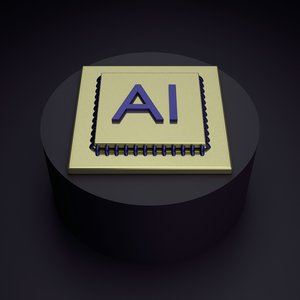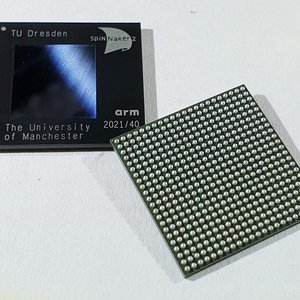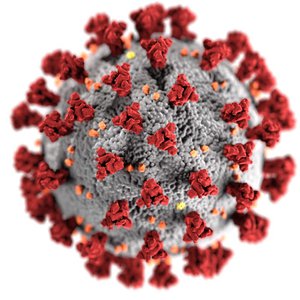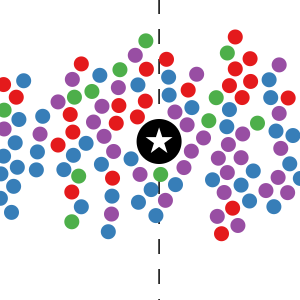Found total of 23 items and showing 12 items on page 1 of 2
Cross-Language Mappings: A TIC Collaboration with voxANN


Our Research Software Engineers, in close collaboration with the Department of Computer Science, teamed up with local SME, voxANN, to build an AI pipeline that links English and Spanish for smooth, high-quality dubbing — unlocking smarter, scalable media localisation.
Edge Compute Service in Action


We have provided an Edge Compute service for some time now but what does it actually do? Discover how we provide bespoke hardware and expertise to the National X-ray Computed Tomography Research Facility.
Modelling the Human Brain


The Human Brain Project (HBP) was an EU Flagship project that started in 2013 with the aim of establishing a research computing infrastructure to enable advancements in the fields of neuroscience, computing, and medicine. This involved work across several computing systems in Europe, including the SpiNNaker hardware at the University of Manchester, which had been under development for a number of years before that.
Baler: Using AI to Help Efficiently Store Data in a Big Data Age


With ever more data being produced, can we store it efficiently? Research Software Engineer (RSE), Oliver Woolland, has been supporting a team to develop Baler, a Machine Learning tool for compressing scientific and engineering data.
Urban / Rural Hay Fever Divide


Several of our Research Software Engineers are co-authors on a recent Nature Scientific Reports paper which found that people living in urban areas have worse hay fever symptoms than those living in the countryside.
CORONET Recognised in Journal of Clinical Oncology


CORONET, a tool created by our Research Software Engineers (RSEs), has recently been featured in the Journal of Clinical Oncology (JCO): Clinical Cancer Informatics. Find out more about the paper’s findings which explain how the Machine Learning model was created and presented to the healthcare community.
Bringing The Metaverse to Fusion Research


The Metaverse, virtual environments which users can explore and interact with, is beginning to be applied to engineering challenges. Can the Nvidia Omniverse help accelerate Fusion Energy research? Oliver Woolland, Research Software Engineer (RSE), has supported a team leading an investigation, bringing advanced scientific and engineering tools to the Metaverse.
CORONET Nominated for NIHR Clinical Excellence Award


A tool created in conjunction with the Digital Experimental Cancer Medicine Team to support decisions regarding hospital admissions or discharge in cancer patients presenting with symptoms of COVID-19 has been selected for a NIHR Clinical Research Network award.
Tackling Hay Fever One Tool at a Time


Ann Gledson, Research Software Engineer, is working with researchers from Computer Science and the Alan Turing Institute to investigate the relationship between hay fever and air quality.
Data Mining Student Engagement Patterns


Back in 2019, two Research Software Engineers (RSEs) were co-authors on a paper which aimed to motivate users to reflect on their search behaviour, and to experiment with different search functionalities. This work has now been extended using data mining.
Distributing Hardware-optimized Simulation Software with Conda


Two of our Research Software Engineers have been working with the University eScience Lab on a BioExcel project to develop Conda packages for GROMACS making it easier for researchers to set up and run the software and to increase its reproducibility from computational workflow systems.
CORONET COVID-19 Risk in Oncology Evaluation Tool - Phase II


In January 2021, our Research Software Engineers worked with the Digital Experimental Cancer Medicine Team (dECMT) to create a tool to support decisions regarding hospital admissions or discharge in cancer patients presenting with symptoms of COVID-19. The tool has been so successful that multiple improvements are now planned.
